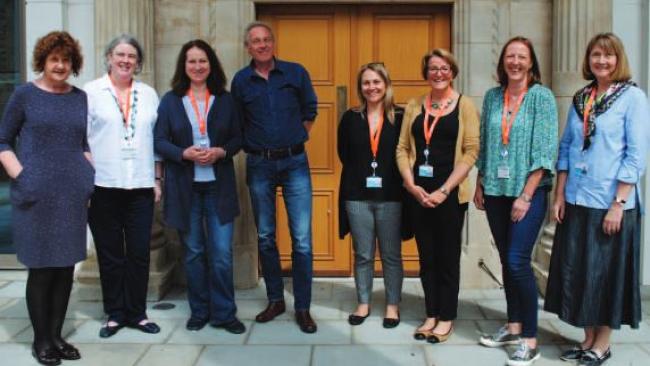
Herbert Napier Coleman, 2nd Lieutenant, New Zealand Infantry
Herbert Napier Coleman came to Cambridge in 1903 after studying at Wanganui Collegiate in New Zealand.ŌĆŗ
Born in New Zealand: 13 December 1884
Killed in action: 13 April 1918
He did not proceed to BA and he ŌĆ£went down in June 1906ŌĆØ not having taken any papers.
It is only as a tennis player that we have any written information on Coleman during his time at ╠└═Ę╠§įŁ┤┤. It seems he was quite committed to the Tennis Club, becoming the Hon. Secretary in 1906. The ╠└═Ę╠§įŁ┤┤ Cambridge Society Annual Reports in 1906 and 1907 have detailed accounts of the Tennis ClubŌĆÖs activities.
In the 1905 season the Tennis Six won 19 out of 21 matches, losing to Clare and Trinity. The matches against Pembroke and Emmanuel were highlighted: the match at PembrokeŌĆÖs ground ŌĆ£which, being unprotected, gets the full benefit of the wind and on that particular day a ŌĆśfullŌĆÖ gale was blowingŌĆØ and obviously made the match very difficult. The deciding match hung on the third and final pair who eventually won through in the third set 14 to 12.
The match against Emmanuel was also to be determined by the third pair who were nearly ushered off the court by the groundsman ŌĆ£who started taking down the hutŌĆØ at 7pm. Special leave, from the ŌĆ£old gentlemanŌĆØ, was granted and the match was successfully completed by the Jesus Team. (Annual Report 1906, p.27) The 1906 season was not so successful, ╠└═Ę╠§įŁ┤┤ only winning 3 out of 15 matches, due, according to the report, to a variety of reasons including ŌĆ£the usual May term complaint ŌĆō the TriposesŌĆØ. (Annual Report 1907, p. 28)
Coleman was also a member of ŌĆ£The Footlights ClubŌĆØ, appearing in the 1904 show The New Dean and the 1905 production Paying the Piper or A Tale of Old Cambridge ŌĆ£a musical absurdity in two actsŌĆØ. (Footlights! A hundred years of Cambridge comedy, by Robert Hewison, pp. 194-195)
The obituary for Coleman in the 1919 Annual Report records that he returned to New Zealand to become a sheep farmer after leaving College in 1906. He enlisted in the New Zealand Infantry in 1916, received a commission a few months later but he was not sent to the front until March 1918, just five weeks before he was killed in action. He left a wife and four children.
You can email us on ww1-project@jesus.cam.ac.uk, go to our First World War homepage, or find us on .
ŌĆŗ
ŌĆŗ











